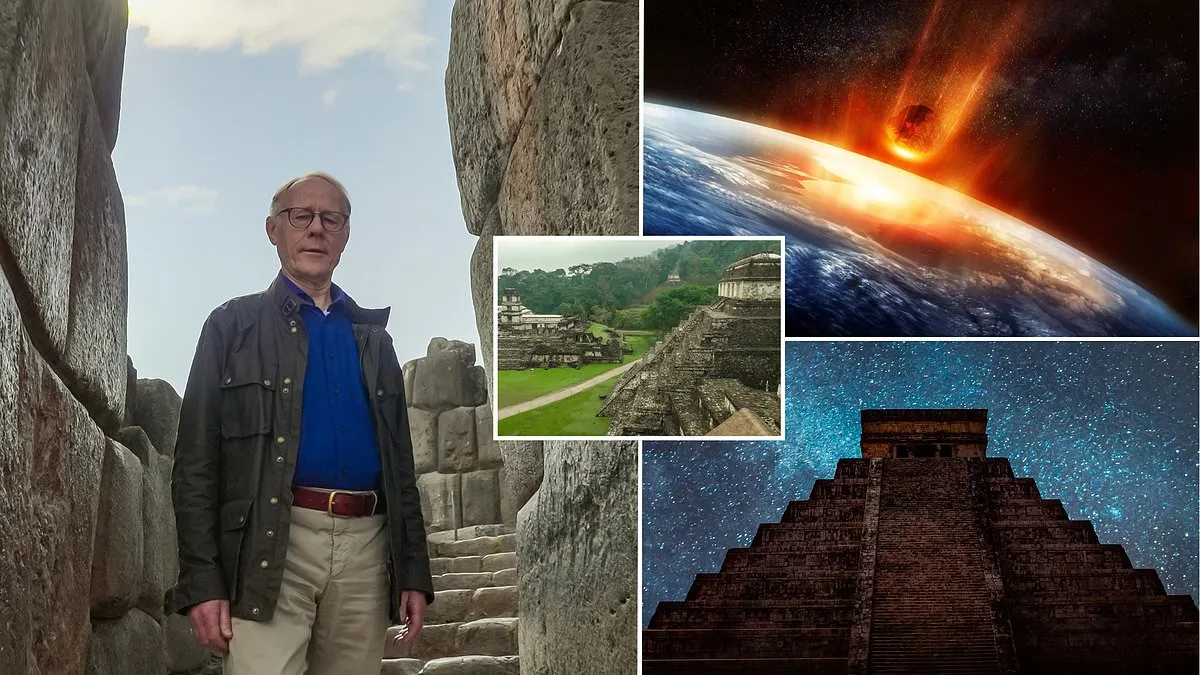Graham Hancock's Controversial Claim: Comet Impact Led to Human Decimation

Graham Hancock's Bold Argument on Comet Impacts
Graham Hancock asserts that an ancient **comet** struck Earth, leading to a dramatic decline in human populations 12,000 years ago. His assertions suggest the existence of a lost **super-civilization** impacted by this event. While Hancock promotes a narrative intertwining **science** and **history**, many scientists vehemently criticize his claims as pseudoscientific.
Scientific Debate Surrounding Hancock's Claims
The scientific community remains skeptical of Hancock's theories. His proposals about ancient civilizations existing in **Antarctica** and catastrophic impacts lack substantial evidence, leading to an ongoing debate regarding historical accuracy and scientific integrity. Critics argue that without solid backing, such claims mislead the public and undermine genuine scientific inquiry.
Public Interest and Media Attention
- Graham Hancock's theories have captured significant media attention, especially through platforms like **Dailymail** and **Netflix**.
- The combination of history and speculation has piqued the interest of many, leading to spirited discussions across various forums.
- The grounding of these theories in popular culture raises questions about public perception of scientific validation.
This article was prepared using information from open sources in accordance with the principles of Ethical Policy. The editorial team is not responsible for absolute accuracy, as it relies on data from the sources referenced.